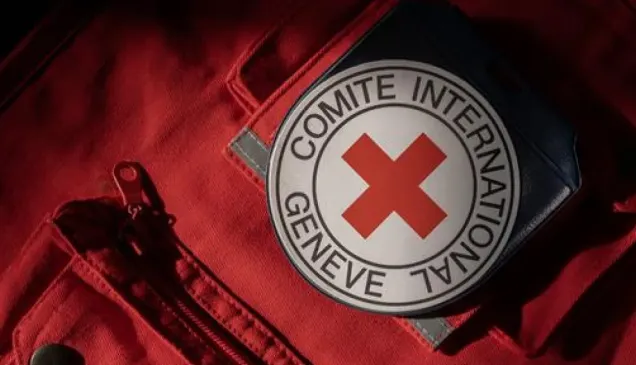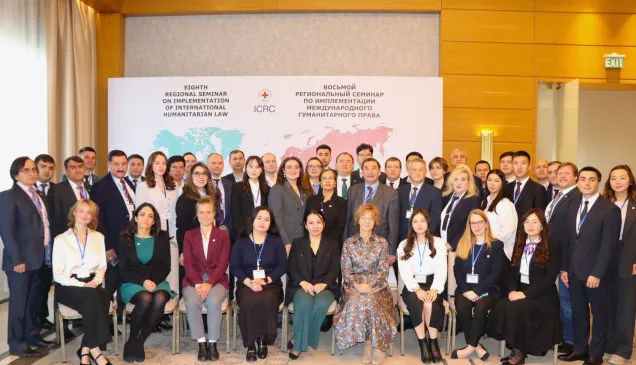Armenia: Strengthening emergency health-care services to save lives
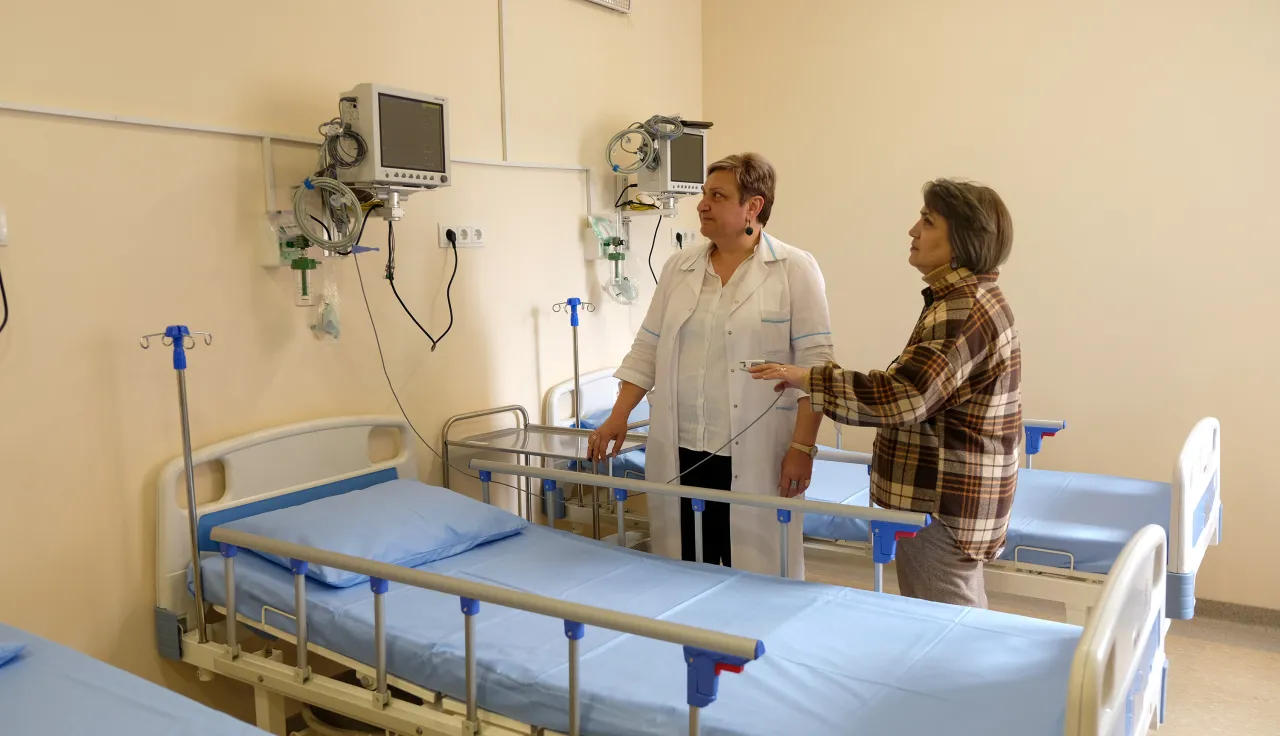
“I’m looking forward to a time when my community will be revived like the legendary wounded deer that was miraculously healed by the mineral-rich spring water of our town,” says Nushik Vardumyan, a resident of Jermuk in southern Armenia, close to the border with Azerbaijan.
Vardumyan and her neighbours have been carrying on with their lives following the escalation of September 2022, but they share that a feeling of uncertainty and discomfort continues to linger in their minds.
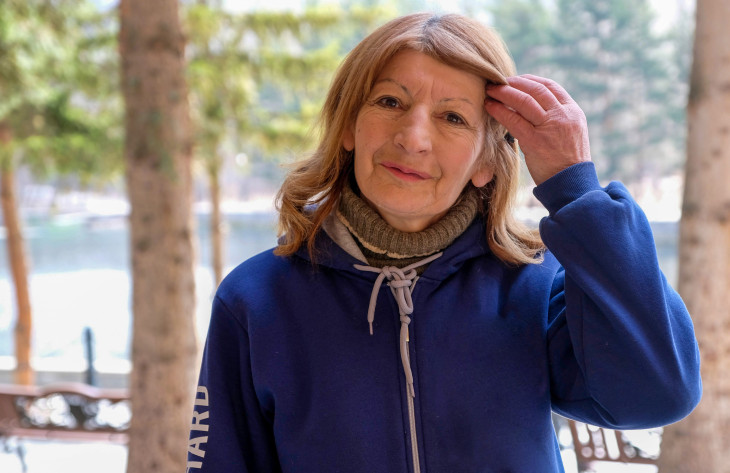
The recent escalation of hostilities revealed a number of issues that impact the daily lives of the community in this picturesque region, such as lack of emergency medical services. The local health centre is the sole medical facility serving the needs of around 6,500 people from Jermuk town and its neighbouring Kechut village. Although the ambulance service was being used to handle emergency situations, the need for a more systematic and up-to-date facility with modern equipment became evident.
"Our doctors are skilled and compassionate, but their efforts are often hindered by the lack of proper equipment and facilities. The sole operational hospital in the area is not adequately equipped, compelling people to travel to Yerevan for around three hours even in case of emergencies," says Vardumyan.
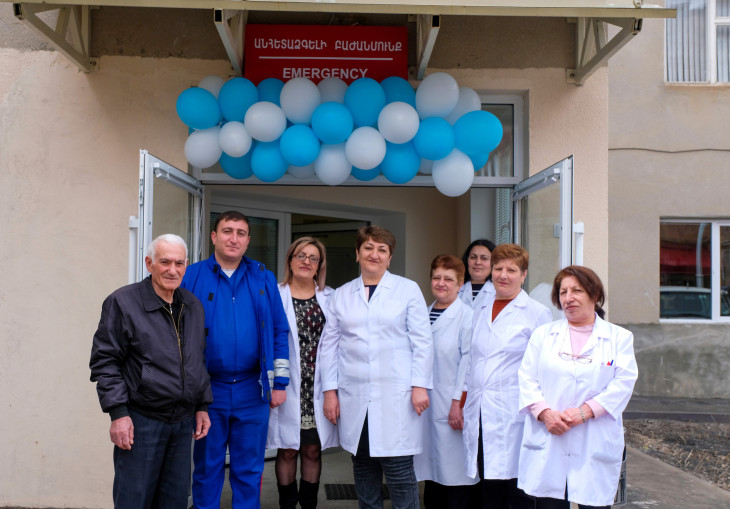
In the autumn and winter seasons, the road connecting Jermuk to the rest of Vayots Dzor region is frequently closed, resulting in the town being cut off for several days. Additionally, Jermuk is a tourist attraction and health resort centre, so having a dependable emergency medical service is vital from that perspective too.
Acknowledging the importance of access to quality emergency medical care for people living near the international border, the International Committee of the Red Cross (ICRC) upgraded and renovated Jermuk Hospital and set up an Admission and Emergency Medical Care Department. The project began in October 2022 and was completed in March 2023.
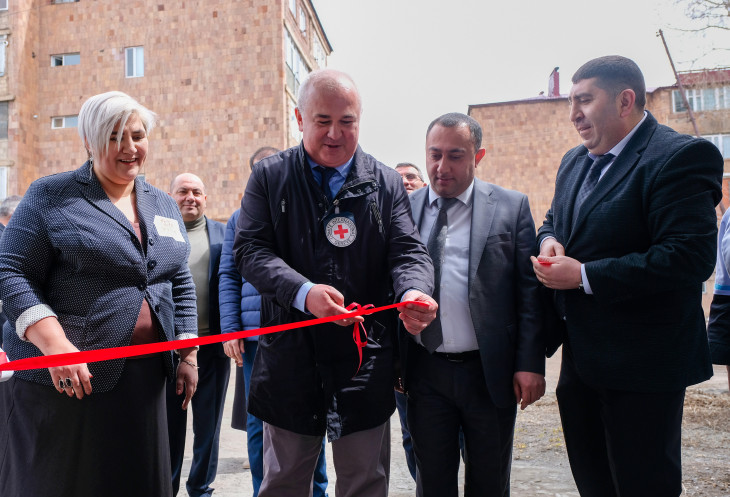
Cooperating with the ICRC, Viva Foundation provided the centre with the necessary equipment and supplies to provide initial medical assistance. The Association of Armenian Physicians of the Netherlands also partnered with the ICRC and donated biochemical and clinical laboratory equipment crucial for the emergency unit's functioning. The association has also decided to donate a mobile digital X-ray equipment.
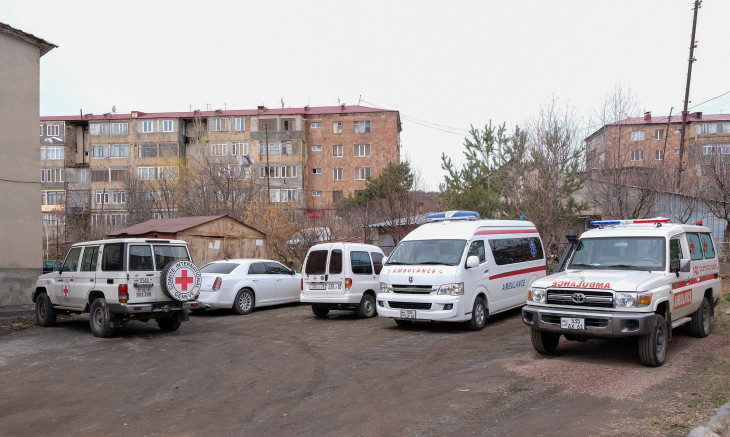
Once patients are stabilized at Jermuk Hospital with the help of the upgraded facilities, they may be transported to other specialized medical facilities based on their need. The renovated department contains four beds and five beds for inpatient care. The bed capacity can also be increased by adding up to ten more beds in case of an emergency.
"During the escalation, more than 120 people were admitted to the Jermuk Medical Centre. Although the staff performed their duties proficiently, the lack of proper equipment resulted in a decline in the quality of services provided. As a result, a decision was made to establish an emergency department at the medical centre," notes Vigen Tatintsyan, health staff of the ICRC.
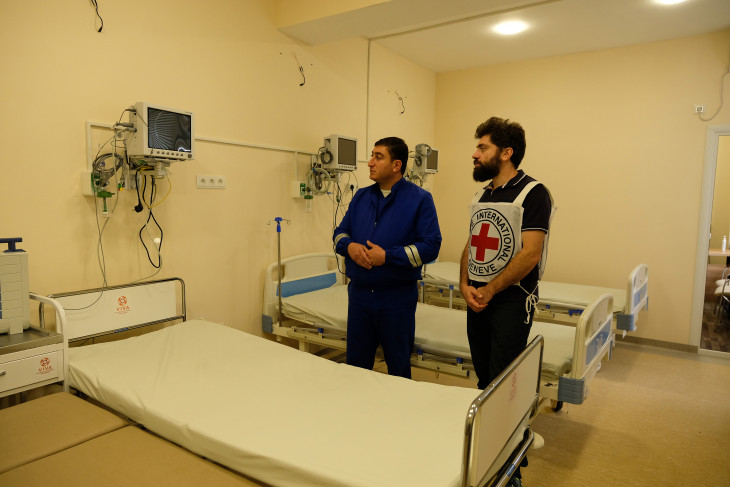
Manushak Nalbandyan, the executive director of Jermuk Health Centre, shares that during the escalation of hostilities, their primary focus was on providing first aid to injured soldiers. The staff worked diligently to offer immediate medical attention, and then transfer patients to nearby hospitals in Vayk or Yeghegnadzor and to specialized clinics in Yerevan if required.
"Thanks to the proficiency and experience of the staff, we were able to prevent casualties. However, we recognized the need for better facilities to be adequately prepared for future emergencies.

